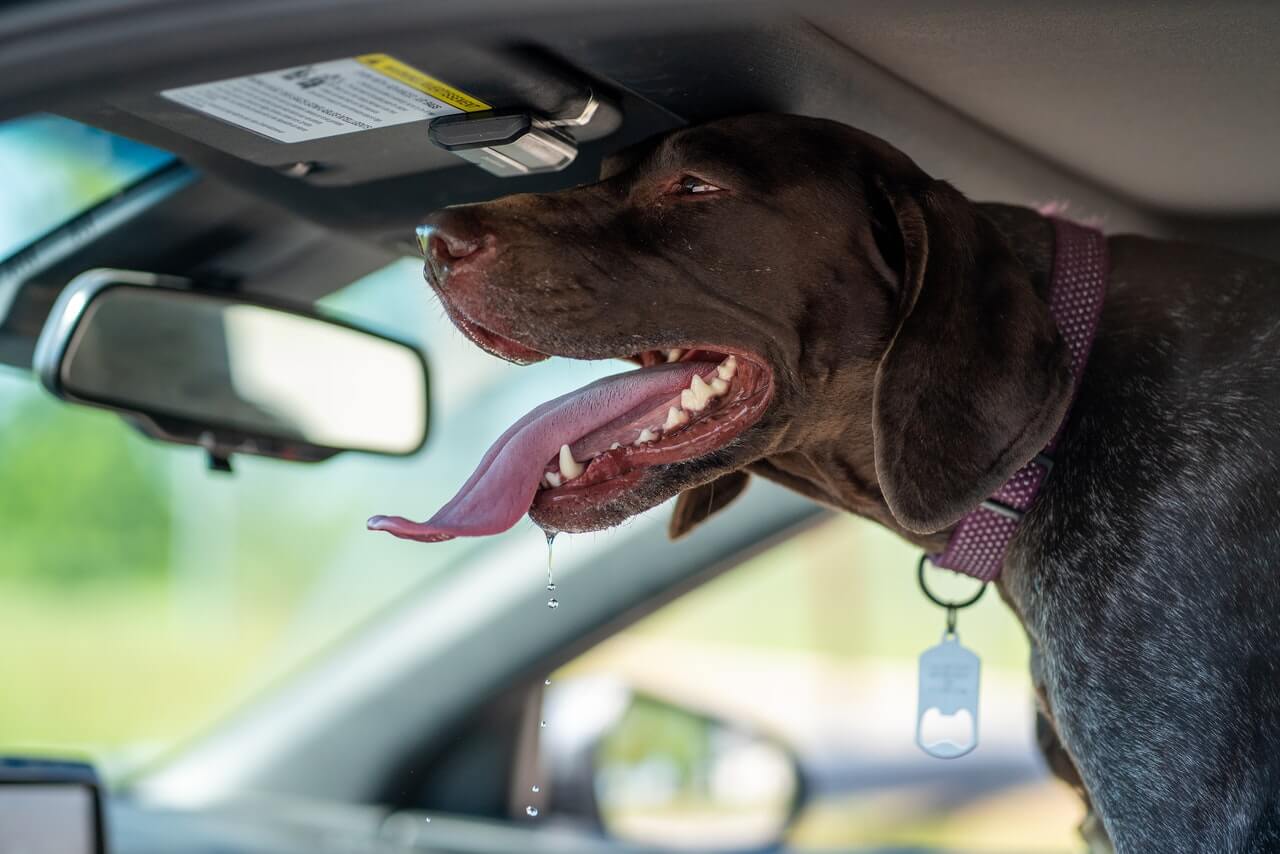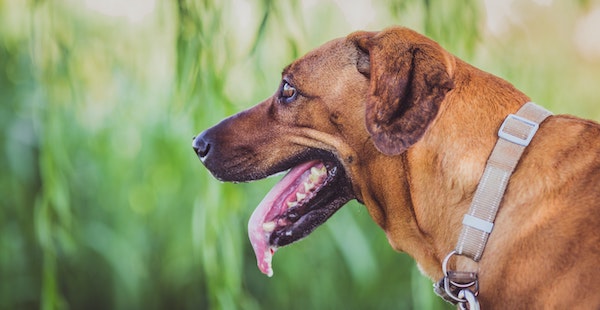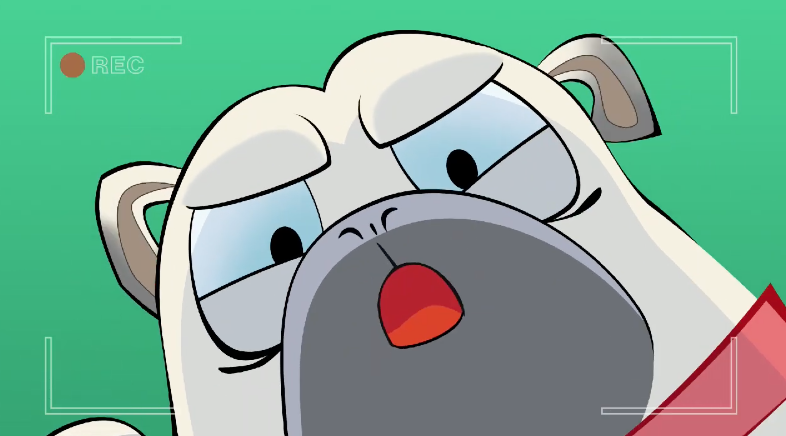















 Back
Back
Why Is My Dog Drooling?
Have you ever asked yourself why your dog is drooling so much? Luckily for you, we’re here with some answers.

Writer Animalia Team

Don’t you just love it when you get home from an excruciatingly tiresome day where everything seems… ruff? But then you get to see your dog overjoyed to see you – jumping up and down and smothering you with kisses. These sloppy and drippy signs of affection can sometimes get you soaking wet – head to toe! But have you ever asked yourself why your dog is drooling so much? Luckily for you, we’re here with some answers.
What is dog drool?
Drool is an excessive flow of saliva that has accumulated in your puppy’s mouth. This type of saliva is different from human saliva – humans have only 3 salivary glands, whereas dogs have 4. The human salivary glands are activated in specific biological conditions, like when we think of food, for example. The same goes for your dog. If you only mention food, your pup’s wheels start turning and soon saliva is dripping in anticipation out of the corners of their mouth and you can see that thought bubble screaming at you: “FOOD?!”

Some breeds drool more than others
Some breeds have head/ lip conformations that cannot retain the amount of drool they produce. Saint Bernard, Bloodhound, and Mastiff are good examples. These dogs have extra skin around their lips and muzzle, which allows saliva to collect in the folds. Then the saliva either drips from their folds or is flung into the air when they shake their heads. This condition is normal and does not require medical intervention, but owners of these slobbery breeds quickly learn the value of a drool rag.
Drooling can be healthy
In many cases, drooling is actually very helpful. Your dog’s drool can help them dampen and move their food through the esophagus easier. And that’s not all. When your dog gets a small scrape or wound, the first thing they do is lick it as their saliva contains healing properties, especially when dealing with bacterias like Escherichia coli or Streptococcus canis.
Sometimes, dogs get so excited that they leave a trail of slobber behind them. So yes, you might be annoyed by the cleaning required but remember that this drooling means your dog is healthy and happy.
The reasons behind excessive drooling:
Excessive drooling can be caused by any of the following:
- In case of high internal and external temperatures, dogs pant more as a way to cool themselves off.
- Just like many of us, dogs dread the doctor, too. In these anxious times, they tend to breathe faster and therefore, tend to drool more than normal.
- Sometimes, different dental diseases can cause excessive drooling.
- Yes, dogs can get nauseated, too, which could be accompanied by drool puddles everywhere.
When is it cause for concern?
Pay attention to any change in your dog’s drooling as it might be a red flag signaling a serious health problem. Heat stroke, for example, can lead to drooling as your dog pants in an attempt to cool off. After suffering a seizure, your dog may drool.
Nose, throat, or sinus infections as well as some neuromuscular conditions can also lead to slobbering. Kidney disease, liver disease, and even rabies all share drooling as a symptom. In some cases, such as bloat, the situation can be life-threatening, and a visit to the emergency clinic is essential.
Be particularly aware of any changes in appetite or behavior; neurological symptoms such as seizures or difficulty standing; retching and throwing up saliva; and changes in your dog’s saliva, such as foul-smelling saliva, thicker saliva, or blood in the saliva.
How should I deal with dog drool at home?
If it’s minor drooling, there are a few preventive steps you can take at home, without visiting the vet. For example, if there is a warning of high temperatures forecast, make sure your friend stays hydrated. Keep the bowl of water full at all times and always take one with you on your daily walks.





We offer the most comprehensive coverage
out there
Having Animalia is like a top-of-the-line
Rolls-Royce with a swimming
pool in the trunk.



Get your pet insurance quote
Pet type
- Dog
- Cat
What is your pet's name?
Zip code





